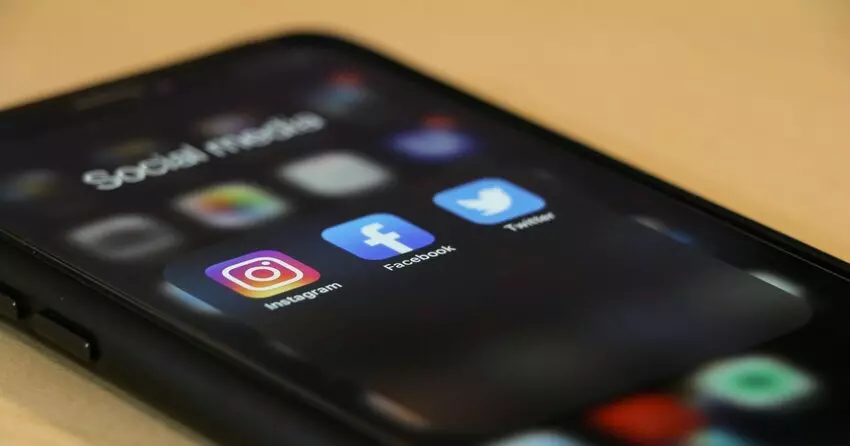
Social Media Platforms Will Face Teen Addiction Claims
A judge has ruled that cases claiming social media platforms have caused harm to youth and teens who use them can go forward – at least partially.
The case brings together hundreds of claims filed against the most used social media platforms: Facebook, Instagram, YouTube, TikTok and Snapchat. There have been over 140 actions brought forward across 30 states.
The lawsuits claim children have suffered negative physical, mental, and emotional health impacts due to their social media use including anxiety, depression and the extreme case, suicide. The lawsuits seek damages and urges the platforms to change their behaviors.
The social media platforms pushed to drop all lawsuits, asserting that they can’t be held accountable for the content published on their platforms by third parties due to protections provided by Section 230 of the Communications Decency Act and the First Amendment. In certain instances, District Judge Yvonne Gonzalez Rogers agreed and dismissed those claims.
The judge, however, ruled that the plaintiffs’ claims went beyond the content published and therefore do not fall under the same protections.
For example, claims can go forward related to the “inadequate tools” for the platform’s parental controls, the collection of data from children without parental consent, and the offering of services such as filters for images that push “idealized” content reflecting “fake appearances and experiences,” which can lead to unhealthy body-image expectations.
“Protecting kids across our platforms has always been core to our work. In collaboration with child development specialists, we have built age-appropriate experiences for kids and families on YouTube, and provide parents with robust controls,” Google spokesperson José Castañeda said in a statement. “The allegations in these complaints are simply not true.”
Lexi Hazam, Previn Warren and Chris Seeger, lawyers for the plaintiffs, have called the ruling a “significant victory for the families that have been harmed by the dangers of social media. The court’s ruling repudiates Big Tech’s overbroad and incorrect claim that Section 230 or the First Amendment should grant them blanket immunity for the harm they cause to their users.”














